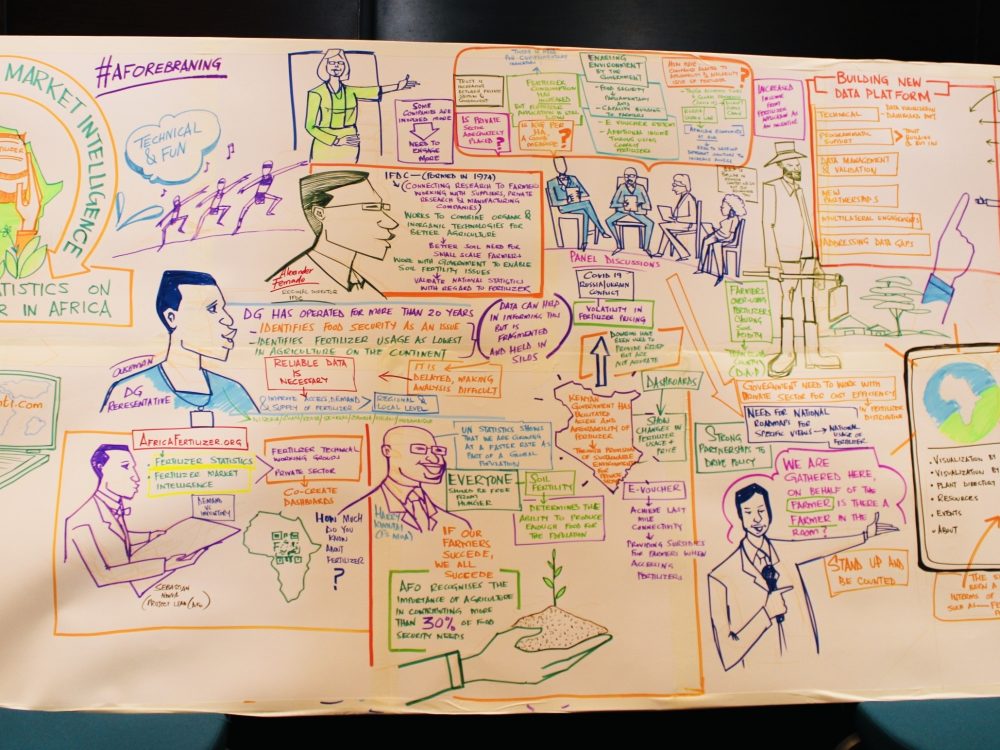Role of Tech at WHS and Beyond
Today and tomorrow represent a milestone for the international community. The first ever convening of world leaders and invested actors is taking place in Istanbul about the pitfalls and necessary changes to fix an increasingly critiqued, and incredibly important, system – the world humanitarian system. Our definitions of, and approaches to, the world humanitarian system have changed and now is as critical time as ever to address the shortcomings of the current system. However, the World Humanitarian Summit offers more than just an airing of grievances; it also serves as an opportunity to discuss what are clear and actionable steps to ensure humanitarian aid meets the needs of both beneficiaries and donor countries.
Development Gateway, in conjunction with Development Initiatives, the IATI Secretariat, Publish What You Find, UNICEF, and Transparency International Kenya, will be speaking at the summit. Our side event, “Transparent Financing and Integrity Measures for Effective and Accountable Humanitarian Action,” focuses on the need to create better mechanisms and processes to effectively track humanitarian aid. Tracking efforts in the world humanitarian system leave much room for improvement: the need for timely reporting, consistently and across the board, have yet to met. Furthermore, the match-up between need and provision is by no means perfect: there are many unmet needs that could potentially be met, with more coordinated planning and tracking of humanitarian aid. So while disasters and conflicts rage on, so do inconsistent tracking efforts, that ultimately impact people and development. And that is the arena where we wish to drive change.
The following are but a few of the recommendations we discuss during our event at the World Humanitarian Summit:
-
The need for a standardised humanitarian aid standard. Integrating humanitarian aid fields into IATI is a great first step, but we need to better track humanitarian aid in a form that captures important humanitarian-relevant data.
-
The need for tools that better capture needs on the ground and track where humanitarian aid providers and what they are providing. DG is working on a prototype to visualize the nexus between citizen-reported needs and donor-reported activities.
- Better integration of disaster planning into development plans and better aligned disaster preparedness with climate change objectives. We stress the need to look at disasters as cross-cutting issues; by viewing them as such, we can better ensure other sectors and realms are better prepared and equipped when disasters strike.
The challenges in the humanitarian space are clear and with conflicts like Syria and the recovery from natural disasters like the 2015 Nepal Earthquake ongoing, Development Gateway is working to find solutions to meet critical needs. Regardless of whether the World Humanitarian Summit provides the overarching framework for humanitarian change, we are committed to working with our country partners and colleagues in the international community to make these solutions actionable and impactable in the world humanitarian space.
Image credit: World Humanitarian Summit CC BY-ND 2.0
Share This Post
Related from our library

Building a Sustainable Cashew Sector in West Africa Through Data and Collaboration
Cashew-IN project came to an end in August 2024 after four years of working with government agencies, producers, traders, processors, and development partners in the five implementing countries to co-create an online tool aimed to inform, support, promote, and strengthen Africa’s cashew industry. This blog outlines some of the key project highlights, including some of the challenges we faced, lessons learned, success stories, and identified opportunities for a more competitive cashew sector in West Africa.

Digital Transformation for Public Value: Development Gateway’s Insights from Agriculture & Open Contracting
In today’s fast-evolving world, governments and public organizations are under more pressure than ever before to deliver efficient, transparent services that align with public expectations. In this blog, we delve into the key concepts behind digital transformation and how it can enhance public value by promoting transparency, informing policy, and supporting evidence-based decision-making.

From Data Gaps to Impact: Key Insights from the VIFAA Program
Over the last six years, DG, together with its partners AfricaFertilizer (AFO) and Wallace & Associates, collaborated to implement the Visualizing Insights on Fertilizer for African Agriculture (VIFAA) Program. In the program’s final year (2024), the team undertook a “program learning process” to reflect on outcomes, challenges, and successes through internal interviews. This blog captures five key learnings, which we hope will guide similar programs aiming to bridge data gaps in agricultural development.